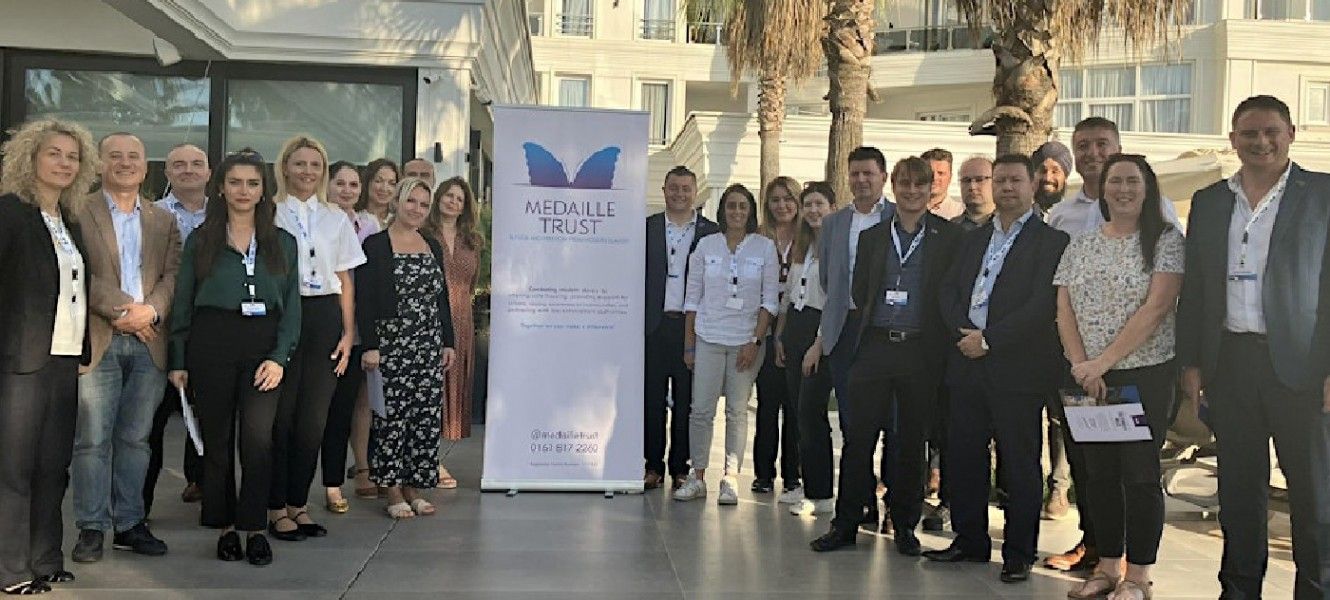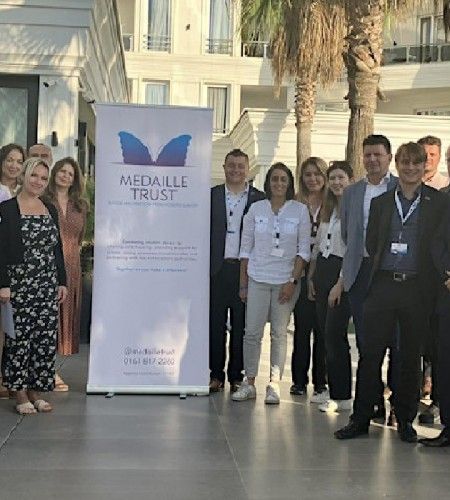Modern slavery is not only a personal tragedy—it is a systemic issue. Survivors deserve more than rescue; they need a society that protects their rights and prevents exploitation from happening in the first place.
That’s why the Medaille Trust works to influence policy, challenge injustice, and amplify the voices of survivors. We campaign nationally and locally to ensure laws, systems, and services truly support people who have experienced trafficking and exploitation.
Our Priorities
- A stronger safety net – pushing for fair access to housing, healthcare, legal aid, and financial support.
- The right to work – ensuring survivors can rebuild their independence through meaningful employment.
- Reforming the National Referral Mechanism (NRM) – making the process quicker, fairer, and more survivor-centred.
- Ending re-exploitation – campaigning for long-term protections so no one is forced back into slavery.
How We Advocate
- Policy engagement – working with government, MPs, and local authorities to shape better laws.
- Coalition building – joining forces with charities, faith groups, and businesses to push for change.
- Raising awareness – challenging myths about modern slavery and highlighting the realities survivors face.
- Survivor voice – ensuring lived experience leads and informs every campaign we run.
Your Role in Change
You can stand with us in shaping a fairer system:
- Share our campaigns on social media.
- Write to your MP about survivor rights.
- Support our work financially so we can campaign stronger, louder, and longer.




